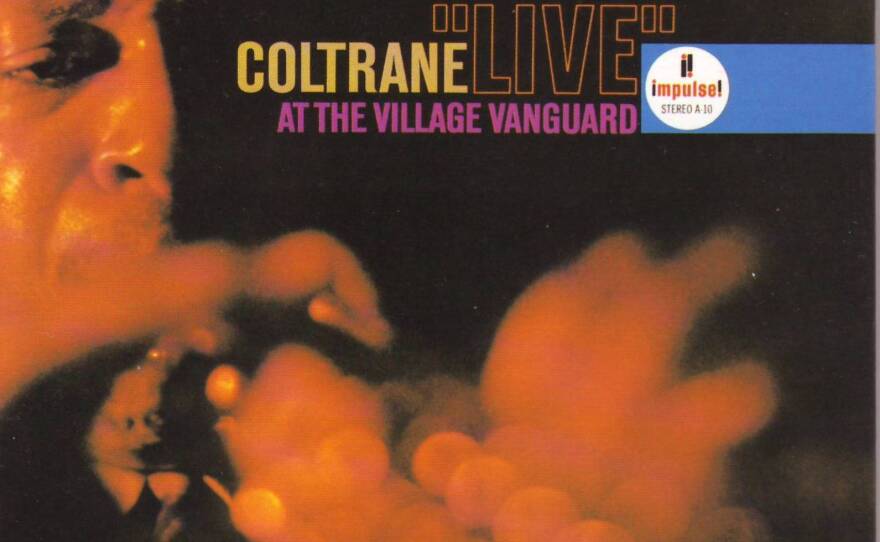The African-American religious folk songs known as spirituals grew out of the slavery experience and the introduction of Christianity into slaves' lives. Though rooted in African musical tradition, they reflected life in a strange and terribly oppressive new world. Often improvisations upon older hymns, they became entirely new songs — songs like "Sometimes I Feel Like a Motherless Child," "Joshua Fit De Battle of Jericho" and "Steal Away." In some ways, they foreshadow the birth of American jazz.
Though spirituals were a product of enslavement, they also became a coded means of communicating escape. The lyrics of some are said to have referred to the Underground Railroad, and the singing of spirituals could signal an imminent slave revolt. They were also sometimes used to summon clandestine night-worship services — the so-called "invisible churches" that existed on plantations where masters feared that religious meetings could lead to insurrection and liberation.
In the years following the abolition of slavery, the Fisk Jubilee Singers introduced the sound of spirituals to many different audiences through concert tours. In the early 20th century, singers such as Paul Robeson and Marian Anderson performed spirituals, and they figured strongly in the repertoire of many New Orleans and revivalist jazz bands.
Spirituals were played less often in later years, but their themes of suffering and liberation retained a latter-day appeal for some modern jazz musicians, many of whom grew up knowing and singing spirituals in the African-American church community. Notable recordings were made by performers such as Louis Armstrong, Albert Ayler, Johnny Griffin, Charlie Haden and Hank Jones. Here are five jazz interpretations of spirituals by other artists.
Copyright 2013 WFIU










